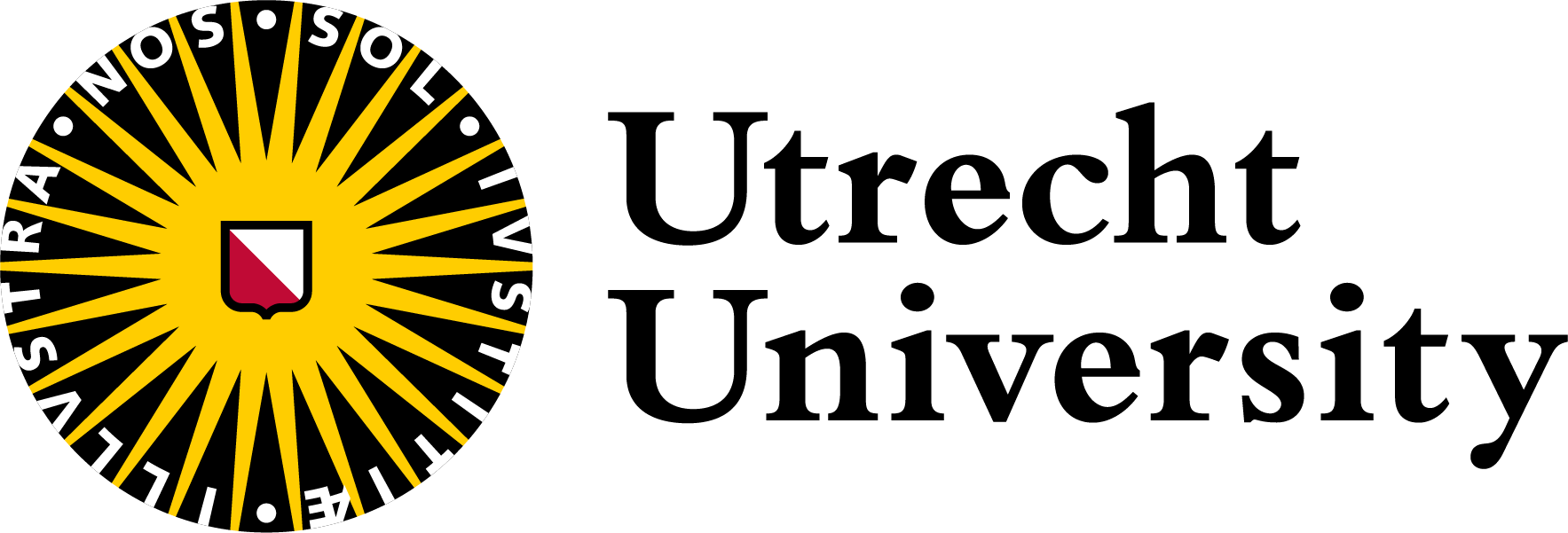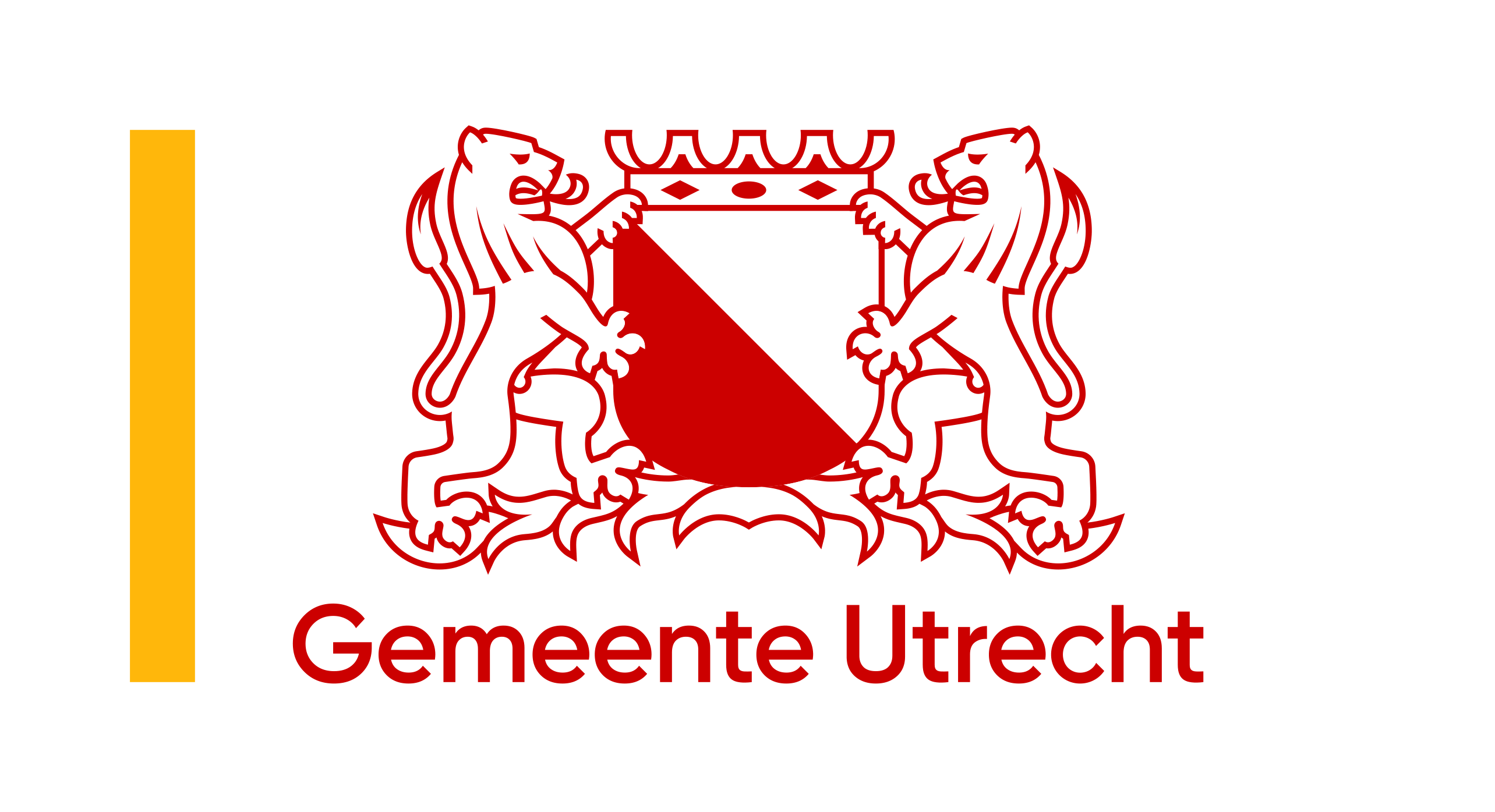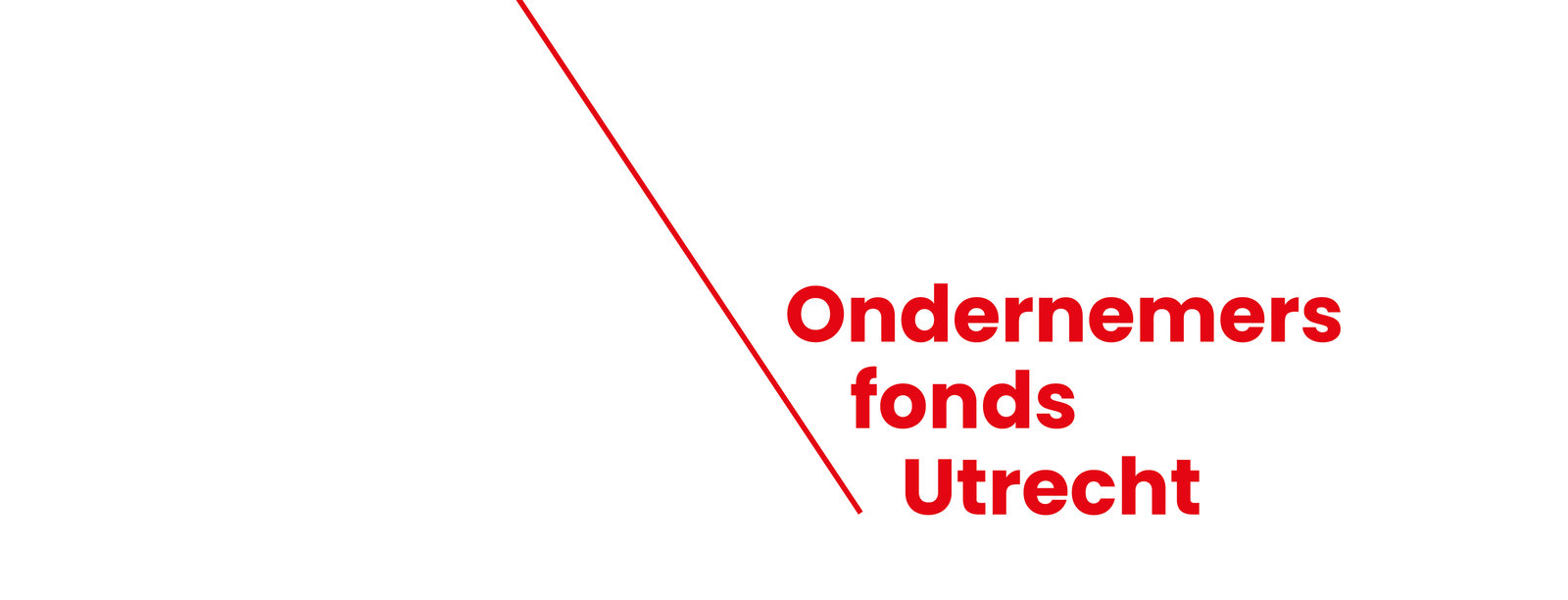UMC Utrecht: Image driven full speed ahead
UMC Utrecht and Philips are bringing medics, researchers and technicians together in a "field lab". Here they will develop new innovative technology and software for healthcare. The goal: to devise less burdensome and more efficient treatments for the patient, and at the same time realize a more sustainable healthcare system.
The joint field lab is a research environment in which UMC Utrecht and Philips are working on new, so-called 'image-guided' treatments. This collaboration is part of UMC Utrecht's strategy to develop more of these techniques. Philips provides its expertise in diagnostic scanners, such as MRI scanners, and AI and data applications.
Patient less burdened, pressure on care eased
Image-based treatment, also known as "surgery without cutting," is a method of treating patients in a more targeted and less invasive way. This is much less stressful for patients, and they require less frequent hospitalization. This type of treatment is mainly used in cancer, cardiovascular and neurological diseases.
"We at UMC Utrecht have a lot of expertise in image-based treatments, especially for cancer. We use imaging equipment such as MRI, CT, X-ray and ultrasound to map tumors very precisely," says Nico van den Berg, professor of computational imaging at UMC Utrecht.
"Then we want to treat the disease as precisely as possible, and depending on the type of tumor, also immediately apply the right treatment. This can be done, for example, by administering medication locally internally. Or by more targeted and intensive irradiation with the MR-Linac. We can also operate minimally invasively through smaller incisions," Van den Berg explains.
UMC Utrecht sees image-guided techniques as an important solution to relieve the current tension in the healthcare system (scarcity of personnel, high healthcare costs). Image-guided treatments are minimally invasive, or even completely non-invasive, and therefore take up far less of the ORs and ICUs needed for conventional surgical treatments. They also take place on an outpatient basis, so a day admission or short visit is sufficient for patients.
This is obviously nicer for the patient, but also ensures that more patients can be better served in less time. Healthcare personnel, such as nurses, experience less pressure because fewer patients need to be admitted. Healthcare costs can also be significantly reduced as a result.
AI and data improve treatment
The field lab's other focus is to better support treatments with data and AI. In doing so, the researchers want to use AI to more quickly understand the large amount of patient data available from clinical trials, evaluate it for quality and use it for more effective, widely applicable care.
"I am enormously proud that in this field lab we are building on the many years of successful cooperation with UMC Utrecht in the field of MRI and also taking a new step in the field of data and AI to improve care," says Ruud Zwerink, Business Leader MR at Philips.
Long history of innovations
For years, UMC Utrecht and Philips have worked intensively together on the development and introduction of new technologies for healthcare.
One of the success stories, for example, is the MR-Linac, in collaboration with Elekta. This is a radiation apparatus and MRI scanner in one, which can be used to treat cancer very precisely. As a result, a patient requires less frequent treatment: for example, prostate cancer requires only five sessions instead of 20. This technique can also make radiation an effective alternative to surgical treatment for certain types of cancer.
Another joint research project focuses on radioembolization. This is a form of internal radiation therapy to treat patients with liver cancer or metastases in the liver, for which a new hybrid C-arm has been developed. With this device, radioembolization can be monitored live and more clearly. Because of this new technology, the treatment takes only two hours instead of two weeks.
For the care of tomorrow
All the innovations being worked on in the fieldlab can benefit the patient, the hospital and healthcare as a whole.
Van den Berg: "In the UMC Utrecht, we are constantly coming up with better image-guided treatment methods. We then develop these in collaboration with Philips, among others. The new field lab will accelerate this innovation process through more intensive contact. Technical researchers and engineers work in close consultation with doctors and lab technicians on tomorrow's new treatments, fed directly from today's clinical needs."
Read more
MR-Linac: technological breakthrough treatment prostate cancer
UMC Utrecht eases treatment of liver cancer
New study accelerates radiation therapy
Martijn Intven appointed as professor of image-guided radiotherapy
Source: UMC Utrecht








